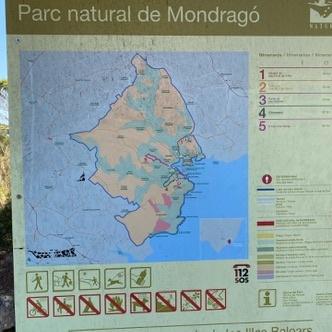What strategies has Mallorca implemented to encourage water conservation among tourists?
Similar Topics
mallorca water conservation
tourist water saving
water-saving technologies
sustainable tourism mallorca
hotel water practices
water conservation campaigns
drought-resistant plants
tourism water regulations
Mallorca has taken significant steps to promote water conservation among tourists due to the island’s Mediterranean climate, which often brings dry summers and limited freshwater resources. The local government and tourism authorities have collaborated on awareness campaigns aimed at educating visitors on the importance of preserving water. These initiatives often highlight simple but effective habits, such as turning off taps while brushing teeth, limiting shower times, and reusing towels and linens in hotels to reduce the laundry load. By focusing on practical advice, Mallorca seeks to instill an understanding of how small changes can collectively make a meaningful impact on the island’s water supply.
In addition to education campaigns, many hotels and resorts on the island have integrated water-saving technologies and practices into their daily operations. These include installing low-flow showerheads, dual-flush toilets, and sensor-based faucets that minimize unnecessary water use. Some accommodations encourage guests to participate by providing clear information about their environmental policies and offering incentives for sustainable behavior, such as discounts for guests who opt out of daily room cleaning. This approach not only conserves water but also enhances the visitor experience by promoting responsible tourism.
Local authorities have also introduced regulations that support water conservation, influencing how tourism businesses operate. For example, restrictions on excessive irrigation of golf courses and gardens have been enforced, favoring drought-resistant plants well-adapted to Mallorca’s climate. Public campaigns and signage in popular tourist areas remind visitors of the water scarcity issue, fostering collective responsibility. These measures, combined with ongoing monitoring and reporting, help ensure that both residents and visitors contribute to sustainable water management, preserving Mallorca’s natural environment for future generations.
In addition to education campaigns, many hotels and resorts on the island have integrated water-saving technologies and practices into their daily operations. These include installing low-flow showerheads, dual-flush toilets, and sensor-based faucets that minimize unnecessary water use. Some accommodations encourage guests to participate by providing clear information about their environmental policies and offering incentives for sustainable behavior, such as discounts for guests who opt out of daily room cleaning. This approach not only conserves water but also enhances the visitor experience by promoting responsible tourism.
Local authorities have also introduced regulations that support water conservation, influencing how tourism businesses operate. For example, restrictions on excessive irrigation of golf courses and gardens have been enforced, favoring drought-resistant plants well-adapted to Mallorca’s climate. Public campaigns and signage in popular tourist areas remind visitors of the water scarcity issue, fostering collective responsibility. These measures, combined with ongoing monitoring and reporting, help ensure that both residents and visitors contribute to sustainable water management, preserving Mallorca’s natural environment for future generations.
🧩 Related Questions
Related Question
How accessible are the ancient burial caves, like the Cueva de los Muertos, to travelers interested in Mallorca’s history?
Related Question
Are there specific festivals or times of year when glosadors are most commonly found performing in Mallorca?
Related Question
How is pollution from agricultural runoff affecting the quality of water in Mallorca?
